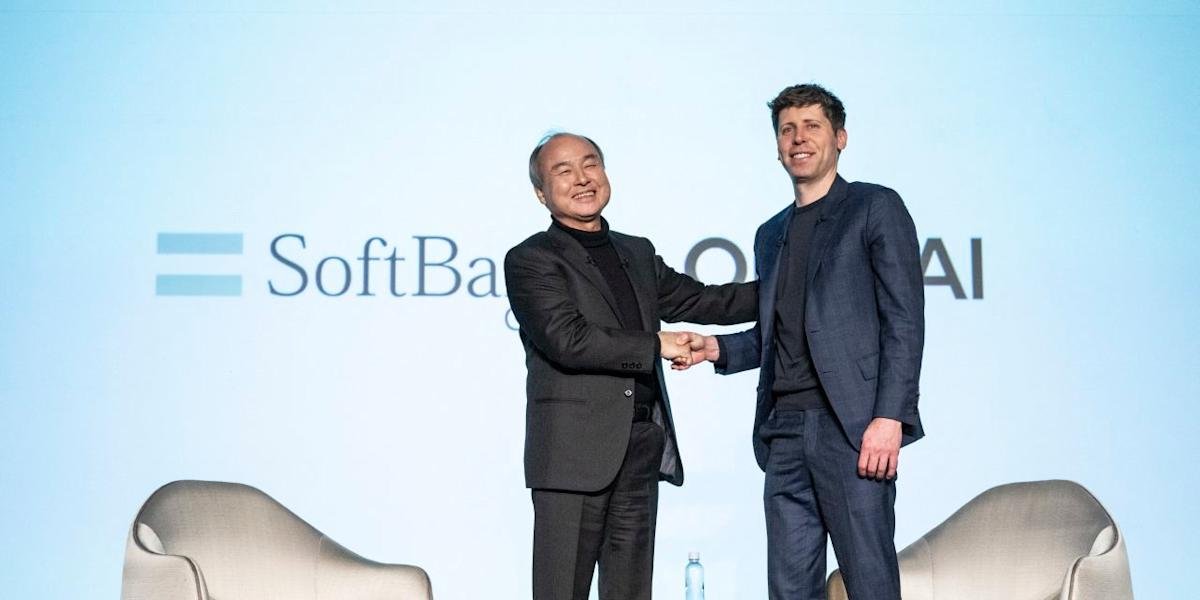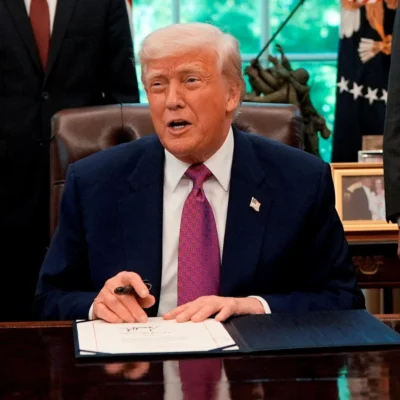Global tech investor SoftBank Group is turning to a familiar tool to fund its $40 billion investment in ChatGPT maker OpenAI announced late Monday: debt.
The Tokyo-based company, led by billionaire Masayoshi Son, said it expected its first $10 billion chunk of the deal would be financed by borrowing from Japanese bank Mizuho and other lenders and be completed in April. The remaining $30 billion would come by early 2026.
The deal, by far the largest-ever investment in a startup, values OpenAI at $300 billion if all the money is invested.
Together with SoftBank’s pledge to lead the $100 billion Stargate cloud-computing initiative with OpenAI, the investment marks a massive bet on the artificial-intelligence startup. It entwines the fortunes of SoftBank with a company that expects to lose billions of dollars for years to come.
The hope is that OpenAI emerges as the leader of the pack in a race to spread artificial intelligence throughout society and commerce—a market that many believe could be worth trillions of dollars a year.
The information revolution “has now entered a new phase led by artificial intelligence,” SoftBank said in a statement that called OpenAI its “partner closest to achieving Artificial General Intelligence,” in which computers operate on the level of humans.
(News Corp, owner of The Wall Street Journal, has a content-licensing partnership with OpenAI.)
SoftBank is taking on a lot of risks for a piece of OpenAI.
Ratings agency S&P Global said Tuesday that SoftBank’s “financial condition will likely deteriorate” as a result of the OpenAI investment and that its plans to add debt could lead the agency to consider downgrading SoftBank’s ratings.
None of the startups with early leads in generative AI have shown they can operate profitably, and the sector is pouring tens of billions of dollars into data centers based on assumptions, not yet proven, of a future in which AI rapidly permeates the globe.
Early tech leaders often falter—a point SoftBank learned when it made a dot-com era bet that Yahoo would be the dominant force in search.
Debt has been a common feature of Son’s risk-heavy strategy. The CEO borrowed heavily for the company’s successful acquisitions of Vodafone’s Japanese unit and chip-design company Arm.





